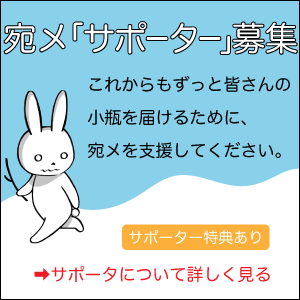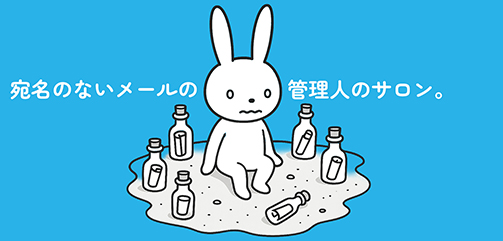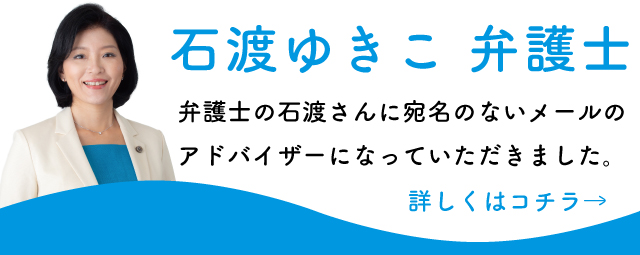


Among the episodes from my kindergarten days that I can remember, there is one that particularly stands out and significantly shaped the person I became.
[Our Days Together]
Back then, my family lived near my grandparents' house. Due to my mother's work situation, I enrolled in the three-year kindergarten program mid-year. Around that same time, I made a friend named Yua at the local children's center. She often wore hair clips or ties adorned with sweet cherry motifs. We maintained a long, enduring friendship that lasted until we graduated from junior high school.
Shortly after I started kindergarten, I was both surprised and relieved to discover that Yua was in my class. She, too, quickly recognized a familiar face from the community center among her classmates, and within a few days of starting school, Yua and I began spending most of our time together (except for things like bathroom breaks).
During the first few months, at playtime, I would play on the jungle gym and in the sandbox with the boys, or practice on the horizontal bars. But before I knew it, I had become someone who played house with Yua in the schoolyard. I can't recall what prompted the shift, but she probably invited me during lunchtime or our chat time.
I can still clearly remember our game of house. Basically, Yua was the one in charge. "I'll be the wife. You're the husband," she'd announce. On sunny days we'd sit on the ground, and after rain we'd crouch to keep our bottoms dry, starting with the classic exchange: "Welcome home" and "I'm home."
Dinner wasn't already prepared—for her, it seemed that "dinner is something a married couple prepares together." Quite a modern notion for a philosophy from over thirty years ago. And strangely enough, she had a particular fixation on making Omurice (an omelet over rice)—not exactly the most common dinner menu choice.
We'd use sand from the sandbox as the rice, and stretched-out mud as the omelet for the Omurice, arranging it inside an oval I'd drawn on the ground with a wooden stick (this served as our invisible, imaginary Western-style plate).
The utensils for eating the Omurice were, believe it or not, the measuring spoons found in powdered laundry detergent boxes. I have no idea who brought them to the kindergarten, but I think the idea of using what was readily available was rather brilliant, if I do say so myself. She never voiced any objection either, so she must have accepted it.
When the teacher announced that playtime was over, we would always erase all traces of our pretend play. This, too, was part of the house-playing etiquette that Yua taught me, and at the time I felt I'd become a bit wiser for knowing it, though I ultimately couldn't figure out the purpose of leaving no traces behind.
For her, this approach apparently satisfied her sense of propriety, and perhaps it was an example of an ideal married life as imagined by a young girl in early childhood. Looking back on it now as an adult, I find it genuinely fascinating.
お返事がもらえると小瓶主さんはとてもうれしいと思います
小瓶主さんの想いを優しく受け止めてあげてください







